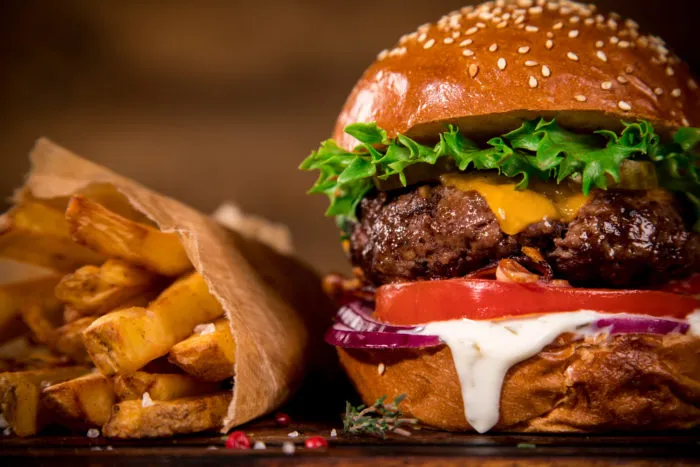 A recent class action lawsuit claims that Bareburger restaurants are advertised as being “organic,” despite having menu items or ingredients that are non-organic.
A recent class action lawsuit claims that Bareburger restaurants are advertised as being “organic,” despite having menu items or ingredients that are non-organic.
Plaintiff Gil Rosenberg claims that he and other consumers relied on representations that Bareburger products were organic, but were given items that failed to live up to these expectations.
These menu items were allegedly not worth what the consumers paid, according to the Bareburger class action lawsuit.
Organic classification is a huge driver in purchasing with more and more consumers aiming to live healthy lives. In 2017, organic sales reportedly reached a record high of $49.4 billion. According to the Organic Trade Association, this was a 6.4 percent increase from 2016.
“Consumers value organic food for numerous reasons – less exposure to harmful pesticides, disease avoidance, promotion and enhancement of health through consumption of foods not grown or processed with artificial chemicals, and promoting sustainable environmental practices,” Rosenberg explains in his Bareburger class action lawsuit.
Restaurants like Bareburger reportedly aim to capitalize on this trend by marketing themselves as organic. Bareburger operates at least 47 restaurants across New Jersey, Connecticut, Ohio, New York, California, and Florida.
The burger joint advertises themselves as “organic” next to the brand name, on store fronts and signage, as a descriptor next to its products, on menu selections, and in marketing materials. Bareburger’s table materials allegedly include a “Why organic?” brochure, stating “it’s better for you.”
However, recent reports by The New York Times call Bareburger’s organic classification into question. The news source reportedly noted that beef packages were delivered to the restaurants that lacked the “certified organic” seal provided by the U.S. Department of Agriculture (USDA).
In response to this news, executives for the company reportedly admitted that the burgers were only 75 to 80 percent organic rather than 100 percent organic like their labels claim.
Additionally, the lamb, bison, mayonnaise, and tomatoes used by the company are reportedly not organic despite being “crucial condiments” to the Bareburger products.
Cornucopia Institute, an independent food watchdog group, reportedly states that when “a restaurant uses the term ‘organic’ in their name, signage, or marketing materials,” it gives “the impression that the organic ingredients represent a greater amount of the food than they actually are.”
Rosenberg argues that Bareburger misleads their consumers by portraying their products as organic, an action reportedly prohibited by federal law.
“Reasonable consumers rely on the company to truthfully disclose the organic status of the foods it sells, because consumers are unable to look behind the curtain,” the Bareburger class action lawsuit claims. “Consumers were deceived into believing that the Products of defendant were all organic and would not know the true nature of the ingredients merely by reading the description.”
Rosenberg seeks to represent a Class of consumers who purchased Bareburger products. He also seeks to represent a Class of the same consumers in New York, who are protected under New York consumer protection laws.
The Bareburger class action lawsuit seeks treble damages, punitive damages, interest, injunctive relief, court costs, and attorneys’ fees.
Rosenberg and the proposed Classes are represented by Spencer Sheehan of Sheehan & Associates PC.
The Bareburger Organic Restaurant Class Action Lawsuit is Rosenberg v. Bareburger Group LLC, Case No. 1:19-cv-01634-DLI-SJB, in the U.S. District Court for the Eastern District of New York.
ATTORNEY ADVERTISING
Top Class Actions is a Proud Member of the American Bar Association
LEGAL INFORMATION IS NOT LEGAL ADVICE
Top Class Actions Legal Statement
©2008 – 2026 Top Class Actions® LLC
Various Trademarks held by their respective owners
This website is not intended for viewing or usage by European Union citizens.



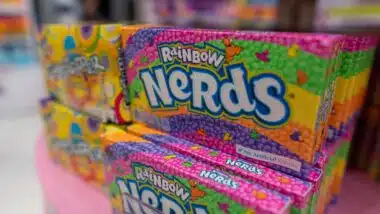

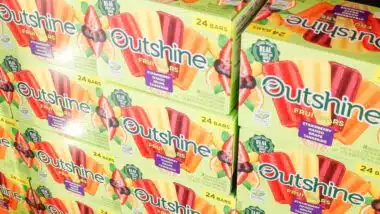
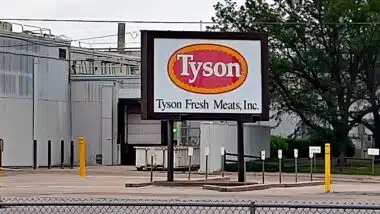
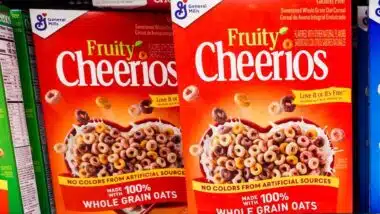
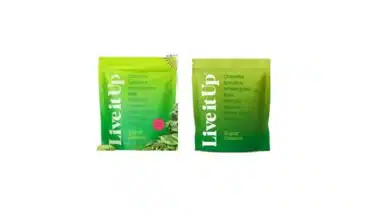

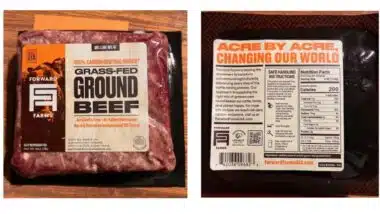


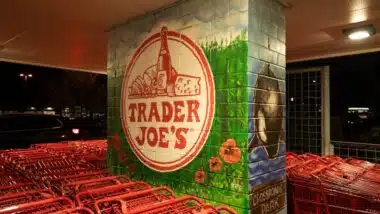
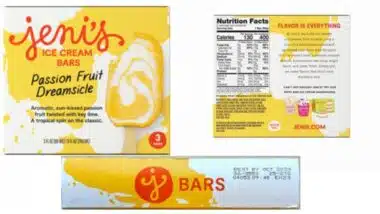
92 thoughts onBareburger Class Action Says Restaurants Mislabel ‘Organic’ Food
Add me please.
Add me